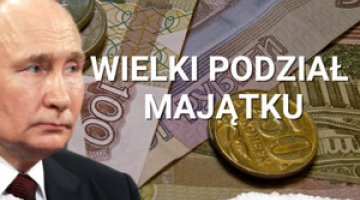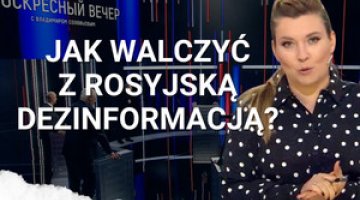Russia is a WTO member
On 21 July, President Vladimir Putin ratified the protocol on Russia's accession to the World Trade Organisation (WTO). Formally, the process of the Russian Federation's accession to the organisation will end with it being entered on the list of member states, which according to WTO procedures will be in a month. In accordance with the negotiated terms, Russia will introduce transition periods (lasting up to 8 years) for a number of goods. The Russian import-weighted average tariff rate will gradually fall from 10% in 2011 to 7.8% in 2018. These changes will also be introduced to the Common External Tariff of the Customs Union that Russia launched together with Kazakhstan and Belarus. The Russian Federation will also be able to subsidise its agriculture to the tune of US$9 billion annually, more than twice the amount spent for this purpose in 2011. Mechanisms will be introduced to protect the Russian banking, insurance and telecommunications sectors from an excessive inflow of foreign investment.
Commentary
- To a great extent, Russia has treated its WTO accession negotiations as a political instrument. In recent years, prolonging the accession process has allowed Moscow to apply protectionist policies – not only to protect its internal market, but also as a tool of foreign policy (towards Georgia and Ukraine, for example). The Kremlin has now decided to terminate the negotiations and enter the WTO more for political motives than for any economic benefits it might expect. Accession will give Russia influence over the mechanisms for regulating international economic relations, which is of particular importance in the current difficult global economic situation. Russian membership of the WTO is also a prerequisite for finalising the accession talks with the Organisation for Economic Cooperation and Development (Moscow hopes to join this organisation by the end of 2012). Moreover, Russia’s was the only large economy still outside the WTO, which reduced the nation's prestige in the international arena.
- Assessments of the consequences of Russia's accession to the WTO are inconsistent. On one hand, according to the evaluations of the Russian government, the Russian budget will incur losses in connection with the reduction of customs duties, although these will probably be partially offset by increased trade. The facilitation of trade and investment will also mean increased competition on the Russian market, which may strike at some economic sectors such as agriculture, food and light industry. But according to studies by the World Bank, accession to the WTO will help the Russian economy grow by 11% more over the next ten years, as a result of increased trade and investment. However, the extent to which Russia succeeds in exploiting its WTO membership for its economic development will depend on how it decides to improve its investment climate.
- Russia's accession to the WTO will not automatically liberalise access to the Russian market. For this process, the most important element is how Russia will put into practice the obligations which it has undertaken. Foreign partners are concerned that Moscow’s implementation of the law will limit the effect of any changes which may liberalise economic cooperation with Russia. During the negotiation process, Moscow raised its tariffs and applied other protectionist measures, despite the bilateral agreements it had signed. From the perspective of Russia's foreign partners, in addition to the liberalisation of regulations on access to the Russian market, it will be important to enforce their rights in any conflicts, thanks to the WTO Dispute Settlement Mechanism.





